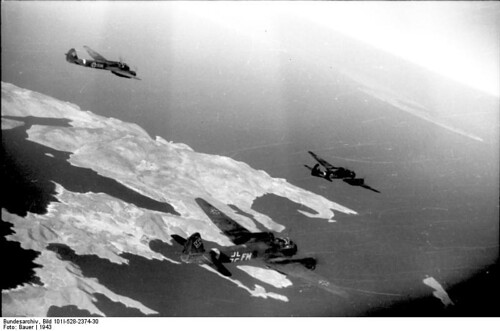The Treaty of Sistova is signed, ending the Ottoman–Habsburg wars.
The Treaty of Sistova, also known as the Treaty of Svishtov, was a peace agreement signed on August 4, 1791, between the Ottoman Empire and the Habsburg Monarchy (Austria). The treaty marked the end of the Russo-Turkish War of 1787-1792.
The conflict was part of the larger Russo-Turkish Wars, which occurred between the Russian Empire and the Ottoman Empire during the late 17th and 18th centuries. In this particular war, Austria was involved as a participant on the side of Russia.
The Treaty of Sistova’s main provisions included:
Return of territories: The Ottomans agreed to cede significant territories to Austria. These included parts of present-day Serbia and Bosnia and Herzegovina, as well as parts of Wallachia and Moldavia.
Peace with Russia: The Ottoman Empire also made peace with Russia, acknowledging the loss of Crimea to Russia and recognizing its independence.
Restoration of borders: Both the Ottoman Empire and Austria agreed to restore their pre-war borders.
The treaty was significant as it marked a defeat for the Ottoman Empire and established Austria’s gains in the Balkans. It also contributed to the power shifts in the region during that period. However, it is essential to note that the peace established by this treaty was temporary, as conflicts between the involved parties continued in the following years.

